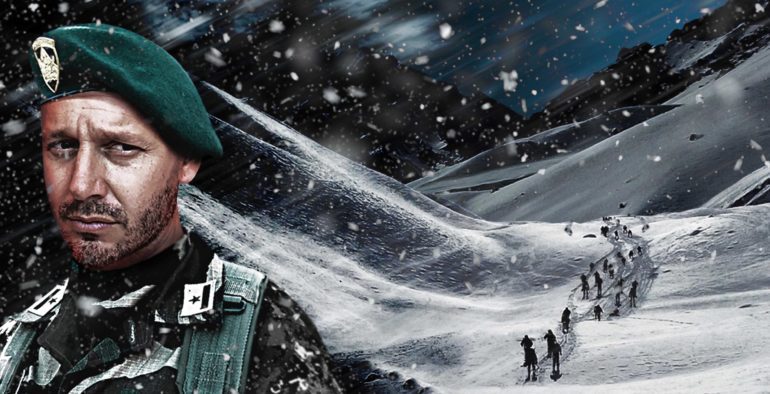Storyboard Media Announce David Albala’s ‘Viento Blanco’ (EXCLUSIVE)
By Jamie Lang
LOS ANGELES (Variety.com) – Chile’s Storyboard Media has announced an agreement to co-produce, along with Calibre71, Javier Valdés and Benjamin Vicuña, director David Albala’s second feature, “Viento Blanco.” (“White Wind”)
Albala’s debut, “Jailbreak Pact,” turned on a dramatic real-life prison-break which took place in Santiago, Chile in 1990. That film was also produced by Calibre 71, and featured Chilean film-star Benjamin Vicuña, who will star in and executive produce “Viento Blanco.”
Perhaps the most eye-catching aspect of the project – for Chile and Latin America – is a proposed budget of nearly $6 million, which will be funded with a mix of private financing, public funds and the aforementioned co-productions. The figure stands out among Chilean features, and marks a reflection among the country’s top players on what kinds of films, and what scale of ambition can be suitable for theatrical openings around the world.
“Viento Blanco” is scheduled to be released both nationally and internationally in 2019, and will need to do well outside of Chile to justify its exceptional budget.
The lack of many films from Latin America of this production scale if ambition will help the title to stand out and give it a singularity, catching attention, which makes it more sellable.
In Chle, ’s distrubution slate includes notable The recent national titles such as Che Sandoval’s “Dry Martina,” a best picture nominee at the Buenos Aires and Santiago film festivals; Pelayo Lira’s “Kingdoms,” a BAFICI and Karlovy Vary competitor, and Tomas Alzamora’s “Little White Lies,” a best screenplay winner in Miami and best picture nominee in Warsaw.
Like “Jailbreak Pact,” “Viento Blanco” is based on real events. In the south of Chile in May of 2005, at the base of the Antuco Volcano, 45 soldiers lost their lives in a 20km march under brutal weather conditions, ordered by Major Juan Pablo Riquelme. The soldiers were under-equipped, under-supplied and under-fed.
Only one officer was willing to stand up and defy Riquelme’s orders, Captain Alejandro Boza, a mountaineering expert who risked his career, and his life, to rescue a number of young soldiers as the storm raged.
After the march, Riquelme is fingered as the responsible party and overnight turns from one of the military’s most promising up-and-coming officers to a pariah among strangers, his family and the military itself.
Years later, in an effort to improve his diminishing mental state, Riquelme attempts to reconstitute the facts of that day, hoping to lessen the guilt with which he is burdened.

